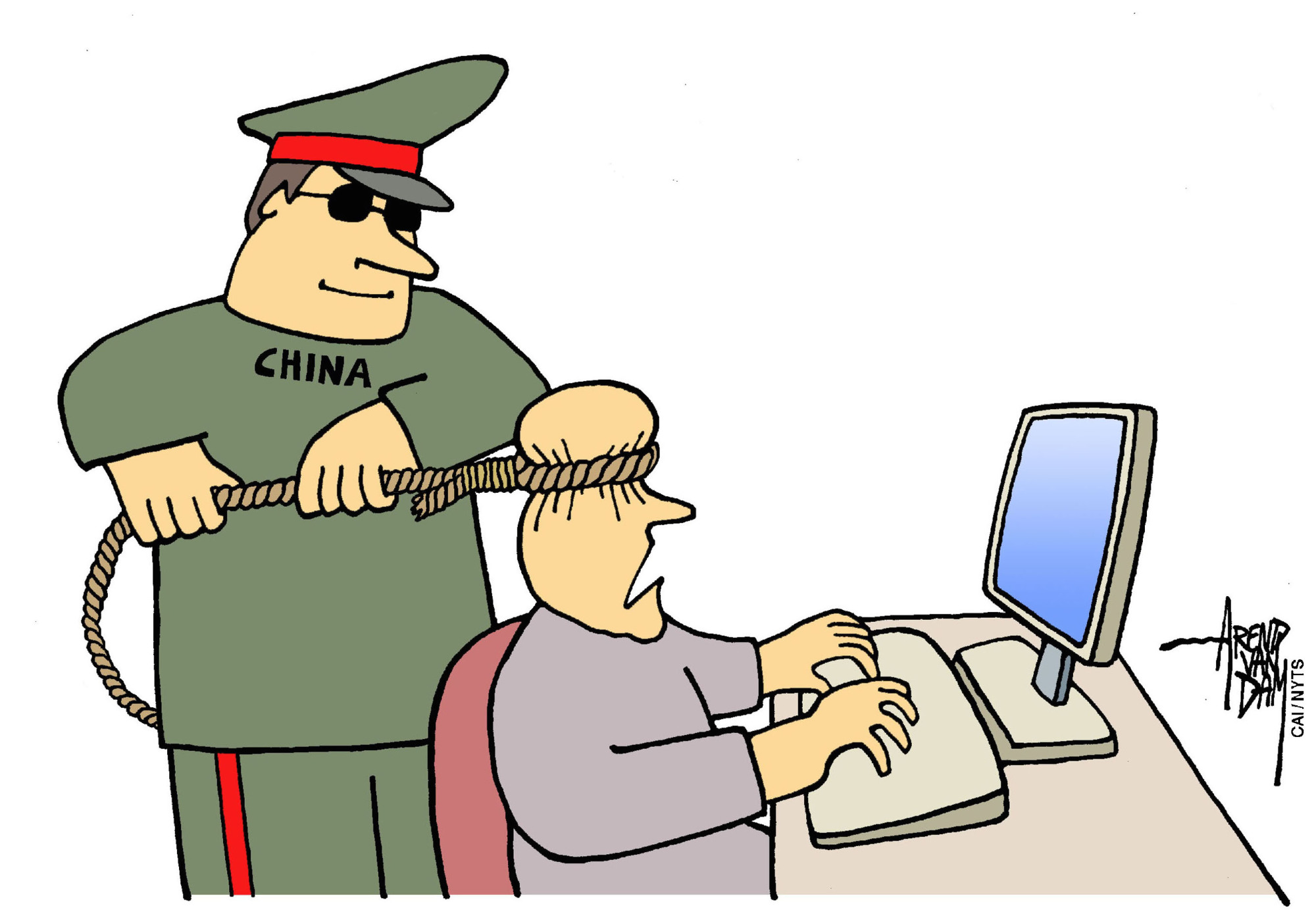In 1957, the Soviet Union successfully launched Sputnik, the first artificial satellite, into orbit. The United States was shocked to have been beaten to the punch. The Soviet Union's superior missile technology prompted many to argue that the U.S. should rush to close the "missile gap" between the two powers.
Today, the U.S. is once again in danger of being overtaken by a rival. There is new talk of a "data gap" between the U.S. and China. The day could well come when Alibaba and Tencent leave Google and Facebook in the dust. Last month I attended a dinner with investors in California's Silicon Valley and discovered that many of them are beginning to harbor just this kind of premonition.
The conversation was sparked by news reports of a potential Google relaunch in China. Google first entered the Chinese market in the early 2000s and initially made steady advances: In what felt like the blink of an eye, it commanded 36 percent of the online search market. Google resisted constant pressure from Chinese authorities to censor its content. It was subjected to fierce attacks from domestic Chinese hackers. In 2010, it withdrew from the Chinese market.


















With your current subscription plan you can comment on stories. However, before writing your first comment, please create a display name in the Profile section of your subscriber account page.